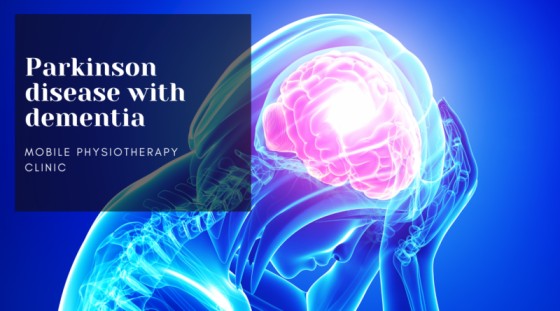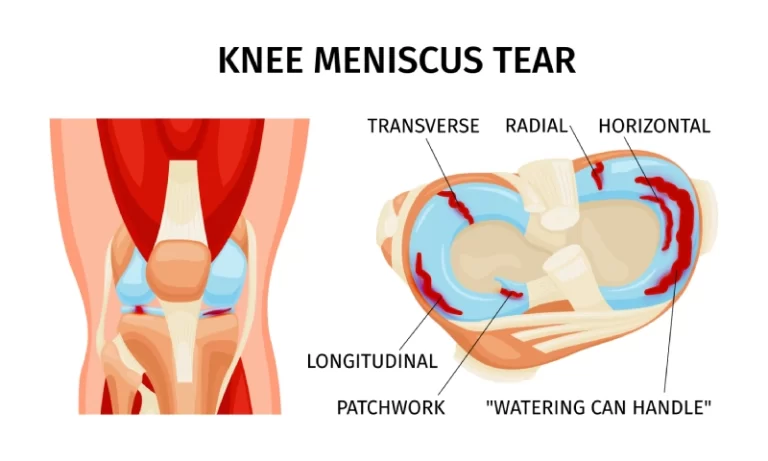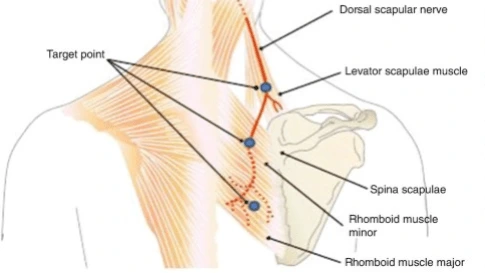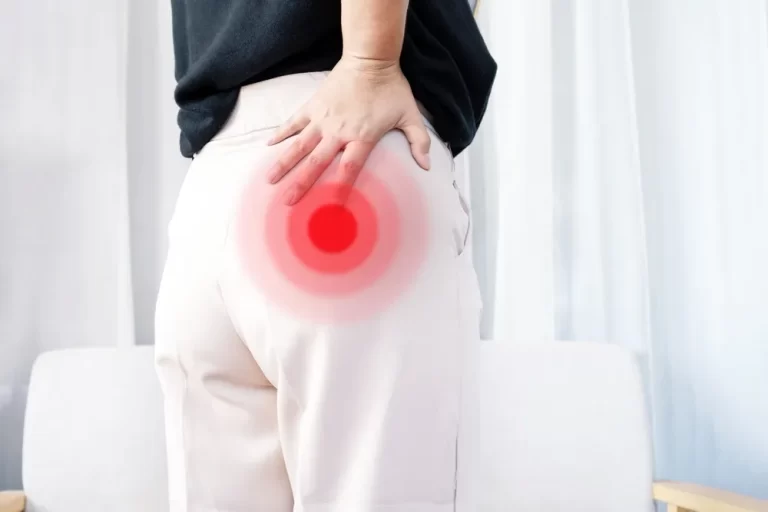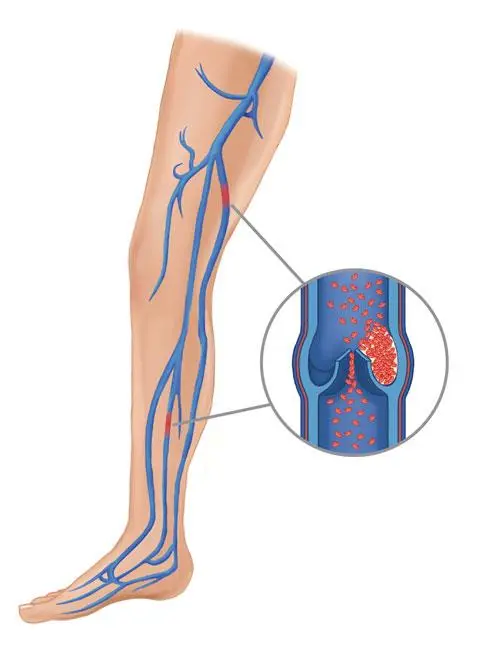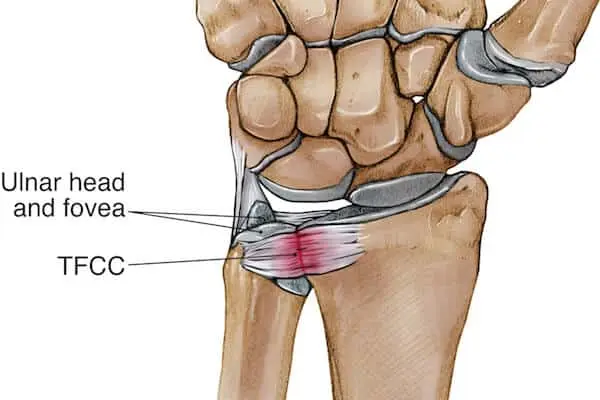Parkinson disease with dementia
Parkinson disease with dementia makes it hard to walk and do daily day to day activities. It is the disorder that affects the movement of an individual. It causes muscles to tighten and become rigid. People with Parkinson’s also have tremors (Shaking movements in one or more parts of the body due to an involuntary, rhythmic muscle contraction ). If you are older than 50, you are more likely to develop it. On average, Parkinson’s disease occurs at the age of 60.
Some younger person can also have the disease if there is someone in his/her family already has it. When Parkinson’s disease affects someone younger than 50, it is called early-onset Parkinson’s disease. It is more common in men than women.
Parkinson’s disease is a progressive disease that is almost incurable and gets worse over time.
Parkinson Disease Cause
There is a type of neurotransmitter in your brain called dopamine, that is made in your body and your nervous system uses it to send messages between nerve cells.
Dopamine enables neurons in the brain to control the movements of the body. In the case of Parkinson’s disease, one type of neuron degenerates which leads to less dopamine production. The decreased dopamine production or absence of dopamine makes it difficult for the brain to coordinate muscle movements.
Parkinson Disease with Dementia
Parkinson’s disease can cause a condition called Parkinson’s disease dementia. Parkinson’s disease dementia is a decline in thinking, problem-solving, and reasoning capabilities that develop in many people living with Parkinson’s mostly after a year of diagnosis.
About 50 to 80 percent of people with Parkinson’s experience Parkinson’s disease dementia.
As the changes in the brain due to Parkinson spread, they often start to affect mental functions, including memory and the ability to pay attention, make better judgments, and plan the steps that are needed to complete a task.
The complications with Parkinson’s disease can be very fatal. The research has shown, on average the survival rate is 9 years after getting diagnosed. Parkinson’s disease dementia has an average lifespan shortened by about 1 to 2 years.
Symptoms
Some common symptoms of Parkinson’s disease dementia are:
- Visual hallucinations
- Stifle speech
- Changes in memory and concentration
- Trouble in interpreting information of what you see
- Delusions
- Paranoid ideas
- Depression
- Anxiety
- Irritably
- Difficult in judgement
- Disturbances in sleep
- Excessive drowsiness during daytime
- Rapid Eye Movement(REM) sleep disorder
- Changed appetite
- Decreased energy levels
- Confusion
- Forgetfulness
- Difficulty in recalling the memory
- Inability to apply judgement
- Mood swings
- Loss of interest even in previously interesting activities
Cause
The principle brain changes linked to Parkinson’s disease dementia are abnormal microscopic deposits composed chiefly of alpha-synuclein which is a protein found widely in the brain (Normal functions of alpha-synuclein are not fully known). What causes alpha-synuclein to build up in such a large amount is yet not clear.
As the number of protein clumps in the nerve cells increases, the cells lose their ability to function and eventually die. The microscopic deposits are called “Lewy bodies” after the neurologist who discovered them.
Lewy bodies are also found in several other brain disorders such as dementia with Lewy bodies (DLB). There is ample of pieces of evidence that suggests that Dementia with Lewy Bodies(DLB), Parkinson’s disease, and Parkinson’s disease dementia may be linked to the same abnormalities in the brain processing of alpha-synuclein. Another factor is that many people with both Parkinson’s disease and DLB dementia also have plaques and tangles — hallmark brain changes linked to Alzheimer’s disease.
According to a study published in Scientific Reports on July 29, 2019, suggests that Lewy bodies pull alpha-synuclein protein out of the nucleus of brain cells and that is the reason they are problematic.
The study that examined the cells of living mice and postmortem brain tissues of humans reveals that alpha-synuclein proteins perform a crucial function by repairing breaks that occurred along the vast strands of DNA present in the nucleus of every cell of the body.
Alpha-synuclein’s role in DNA repair is indicated to be crucial in preventing cell death. This function may be lost in brain diseases such as Parkinson’s and DLB, leading to the widespread death of neurons.
Risk factors for developing Parkinson’s disease dementia
Certain factors such as advanced age, greater severity of motor symptoms, and mild cognitive impairment (MCI) present at the time of Parkinson’s diagnosis may increase future dementia risk.
Other risk factors include:
- You are a man
- You are older
- Daytime sleepiness in excess
- Hallucinations when there is no other symptom of dementia
- PIGD- A Parkinson’s symptom pattern known as postural instability and gait disturbance that includes “freezing” during mid-step, difficulty in initiating movements, shuffling, problems with balancing and falling.
- Existing mild cognitive impairment
- You have been already diagnosed with symptoms related to Parkinson disease I.e. depression
- Family history with the disease
- You already have more severe symptoms of motor impairment, such as rigidity and gait disturbance
Tips for caregivers
As the disease progresses, patients start getting confused between facts and fantasy. They start showing signs of agitation, delusions, mood fluctuations, and increased impulsivity very often.
In addition to helping the patient, you should adopt strategies to manage the situation. Strategies can help you too as managing Parkinson’s disease dementia can alleviate your stress and emotional pain.
- If there is someone around you suffering from Parkinson’s disease dementia and you are the one giving them care, the best thing you can do is try to keep them calm and reduce their stress.
- You should note down their symptoms and what they were doing before started hallucinating. You should have all the details of the things that instigate them.
- Taking care of someone with this condition is undoubtedly challenging as patients may reach a point where they are unable to take care of themselves or cannot be left alone. Someone has to be with them at all times.
- Let the surroundings be simple. Do not change the furniture setting/ paintings regularly as changed surroundings can induce confusion in the patients.
- Try to stick with the normal routine as long as possible. Let patients think that they are normal.
- Patients with Parkinson’s disease dementia are likely to become vulnerable after any medical procedures. Be extra comforting at that time.
- It is difficult for the patients to sleep at night. You can use curtains, nightlights, clock to ensure a normal sleeping schedule. Nightlights can manage the situation of visual misperceptions if the patient is to get up at night.
- Show the patient your love and care. Make them believe that they are loved.
- Be sensitive towards the patient. The patient can mostly annoy you with his/her behaviors, do not forget to keep your cool.
- Patients with the disease may sometimes attack you or put false accusations on you. Please keep in mind that the behaviors are due to the disease, the person is not doing them willingly.
Diagnosis
No test can signal Parkinson’s disease dementia. But there are some guidelines that can diagnose Parkinson’s disease dementia which are:
If a person is already diagnosed with Parkinson’s disease, based on his/her symptoms, then he/she is most likely to develop Parkinson’s disease dementia after a year of diagnosis. Your neurologist will keep a check on you after getting diagnosed with Parkinson’s disease. Your doctor may monitor you for dementia.
Doctor may conduct regular testing to monitor your cognitive functions, memory recall, and mental health.
The diagnosis is Dementia with Lewy bodies if symptoms of Parkinson’s disease dementia is either present first or recognized during diagnosis of Parkinson’s disease.
The later stage of Parkinson’s disease dementia:
The later stage of Parkinson’s disease is very severe. The patient cannot move on their own. Patients might need 24×7 care, a wheelchair, help in simple activities. Quality of life suffers a downfall rapidly.
Risks of many other complications like infection, incontinence, pneumonia, falls, insomnia, and choking increase.
Hospital care, home health aides, memory care, social workers, and counselors may be helpful in later stages of Parkinson’s disease dementia.
Treatment
There is no treatment for Parkinson’s disease dementia. It is an incurable disease. The focus is on reducing the symptoms.
Different drugs work differently with different patients. Your doctor will work very closely with you to identify the drug that suits you:
- Cholinesterase inhibitors – Drugs that are mainly used for treating cognitive changes in Alzheimer’s and may help Parkinson’s disease dementia symptoms, including visual hallucinations, sleep disturbances, and changes in thinking and behavior.
- Carbidopa-levodopa – These drugs may be prescribed by your doctor to treat Parkinson’s movement symptoms. However, it can sometimes make the situation worse by aggravating hallucinations and confusion in those with Parkinson’s dementia or DLB.
- Deep brain stimulation – In DBS, the doctor sends electrical impulses into the brain to help in controlling the tremors and twitching movements. The doctors are currently doubtful of the benefits of deep brain stimulation (DBS) for Parkinson’s disease dementia (PDD). One small clinical study indicated it was safe for those with PDD, but additional studies are needed to confirm its effectiveness.
- Selective serotonin reuptake inhibitors (SSRIs) – These drugs are used to treat depression, which is common in both DLB and Parkinson’s disease dementia.
- Clonazepam and melatonin – It may be used to treat Rapid eye movement (REM) sleeping disorder.
- Surgery- Doctors will advice surgery very rarely. Surgery involves destroying small areas of brain tissue responsible for the symptoms. Doctors prefer Deep brain stimulation over surgeries.
Living with Parkinson’s disease with dementia
You can take some measures and ease your life while living with Parkinson’s disease:
- Set an exercise routine for yourself. Exercises can help in keeping muscles flexible and mobile. Also, exercise releases natural brain chemicals that can improve emotional and mental states.
- High protein food can maintain the health of your brain
- You can join physical therapies. Your physical therapist can advice some of the light strengthening exercises according to your condition
- Speech therapies can always work when communication becomes difficult due to the disease.
- Handle your hallucinations. Hallucinations are often harmless but sometimes they can upset you too much. Try to recognize your hallucinations and then change the topic.
- Limit your alcohol intake.
- Other illnesses such as diabetes, high blood pressure, and high cholesterol affect the brain and they should be treated.
Please be aware of your family’s disease history. Condition like Parkinson’s disease can be controlled initially. If you are around a person with Parkinson’s disease dementia, make sure to give them love and strength.

